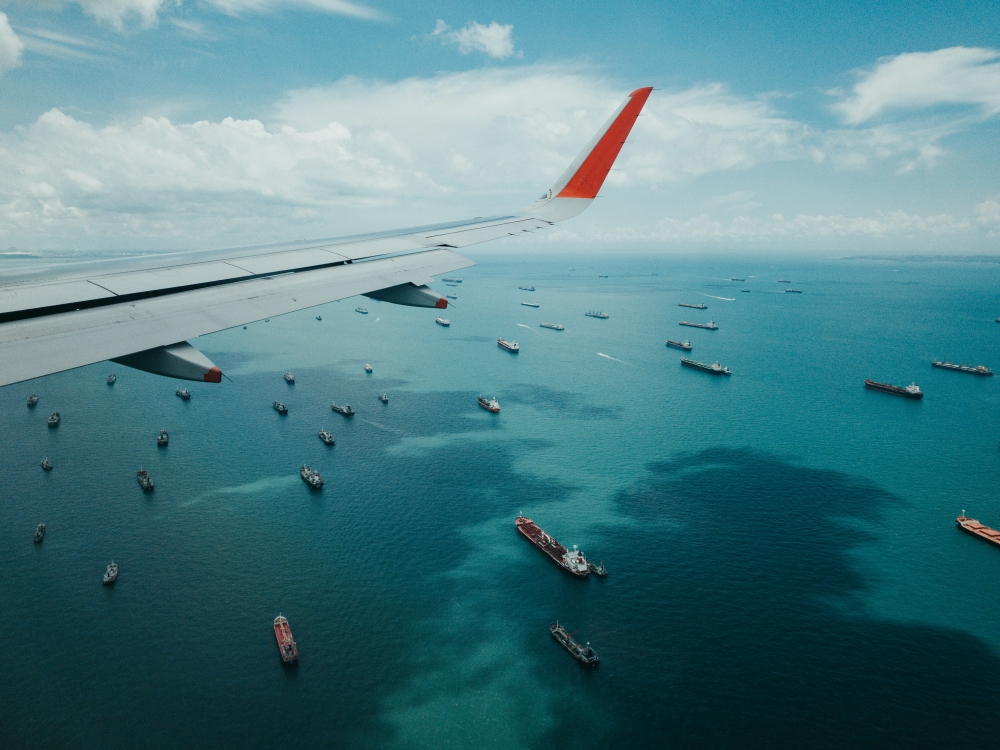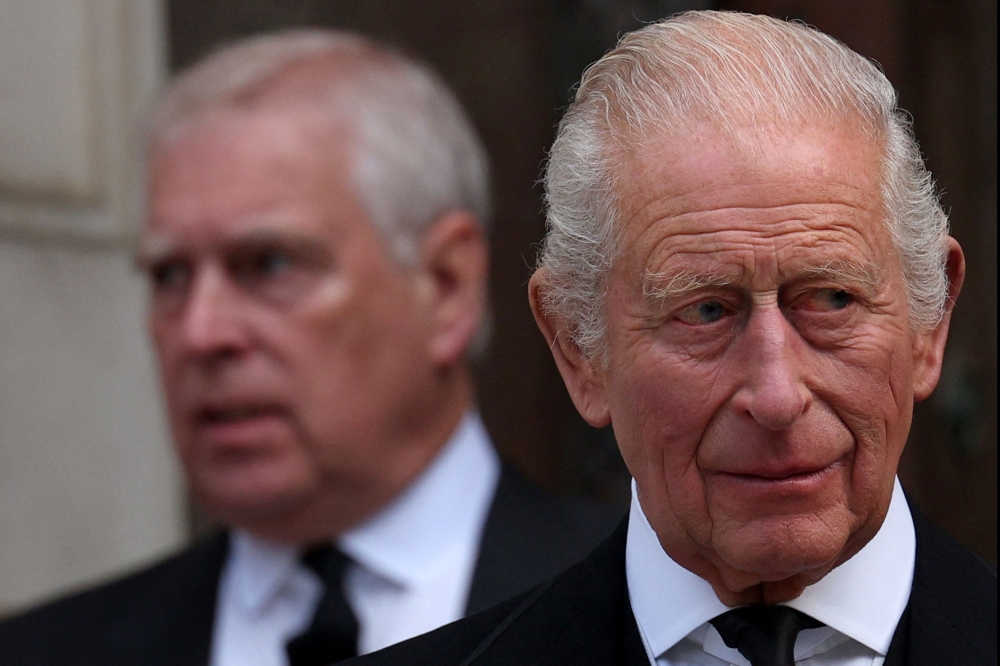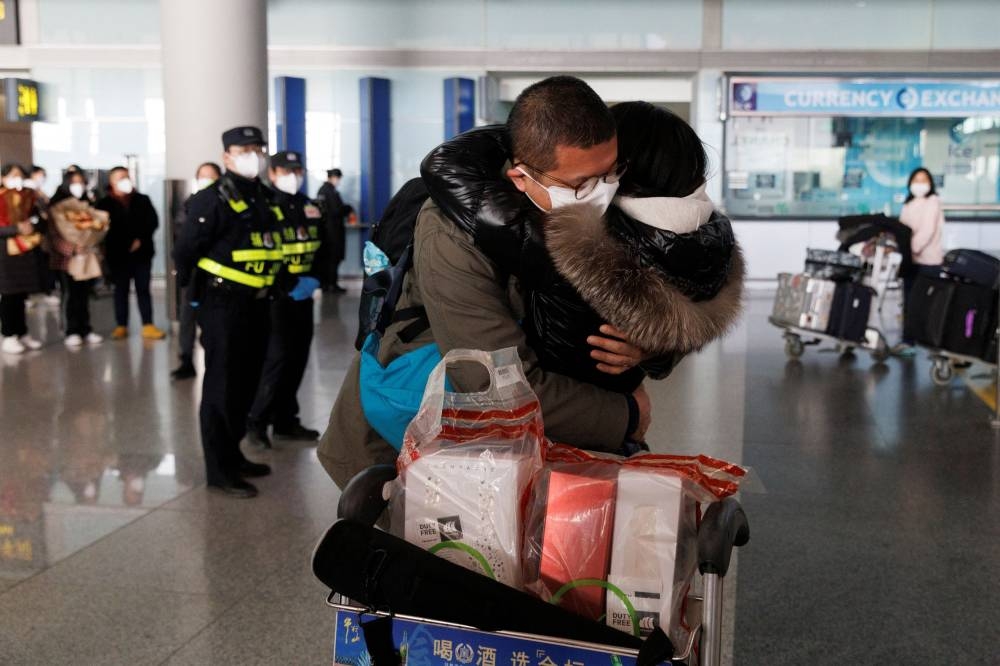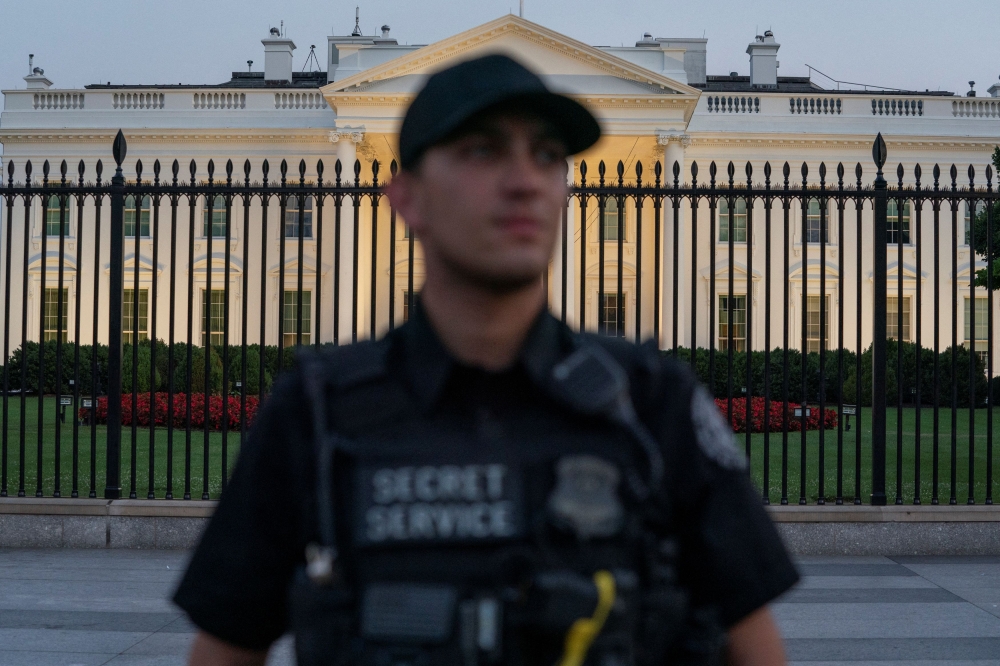BEIJING, Jan 10 ― Many parts of China are already past their peak of Covid-19 infections, state media reported today, with officials further downplaying the severity of the outbreak despite international concerns about its scale and impact.
A summary by Health Times, a publication managed by People's Daily, the Communist Party's official newspaper, said infections have been declining in the capital Beijing and several Chinese provinces. One official was quoted as saying nearly 90 million people had already been infected in Henan province.
The virus has been spreading freely in China since a policy U-turn in early December after protests against a “zero-Covid” regime ruthlessly enforced for three years. China reopened its borders on Sunday, removing the last major restrictions.
The frequent lockdowns, relentless testing and various levels of movement curbs since early 2020 have brought the world's second-largest economy to one of its slowest growth rates in nearly half a century and caused widespread distress.
With the virus let loose, China has stopped publishing daily infection tallies and has been reporting daily death tolls in single digits, figures that have been disputed by the World Health Organisation.
Many Chinese funeral homes and hospitals say they are overwhelmed, and international health experts predict at least 1 million Covid-related deaths in China this year.
Today, a Health Times compilation of reports from local government officials and health experts across the country, suggested the Covid wave may be past its peak in many regions.
Kan Quan, director of the Office of the Henan Provincial Epidemic Prevention and Control, was cited as saying the infection rate in the central province of nearly 100 million was nearly 90 per cent as of January 6.
The number of patients at clinics in the province reached a peak on December 19, but the number of severe cases was still high, he said, without giving further details.
Yin Yong, acting mayor of Beijing, was cited as saying the capital was also past its peak. Li Pan, deputy director of the Municipal Health Commission in the city of Chongqing said the peak there was reached on December 20.
In the province of Jiangsu, the peak was reached on December 22, while in Zheijiang province “the first wave of infections has passed smoothly,” officials said. Two cities in the southern Guangdong province, China's manufacturing heartland, reached their peaks before the end of the year.
Separately in the state-run China Daily, a prominent health official said the percentage of severe cases remained unclear.
“It is still too early to conclude the overall percentage of severe and critical Covid patients in China as different types of hospitals report different numbers, Wang Guiqiang, head of Peking University First Hospital's infectious disease department, was quoted as saying.
Bumpy recovery
Analysts predict a downturn in economic activity in the near term as workers and consumers fall ill, but also a swift recovery later in the year as immunity levels improve.
Immigration offices in Beijing this week saw long queues of people eager to renew their passports as China dropped Covid border controls that had discouraged its 1.4 billion residents from travelling for three years because of the restrictions on their return.
But a rebound in overseas travel is expected to be bumpy and shopping abroad by Chinese tourists may take time to reach the US$250 billion a year pre-Covid levels.
Airlines are yet to rebuild their capacity, with daily flights in and out of China about a tenth of pre-pandemic levels, according to Flight Master data.
Further inconveniencing travel, many countries are demanding negative tests from visitors from China, having raised concerns about the country's transparency over the scale and impact of the outbreak as well as over potential mutations.
China has dismissed criticism over its data as politically-motivated attempts to smear its “success” in handling the pandemic and said any future mutations are likely to be more infectious but cause less severe illness. ― Reuters






















